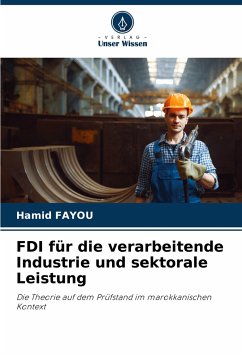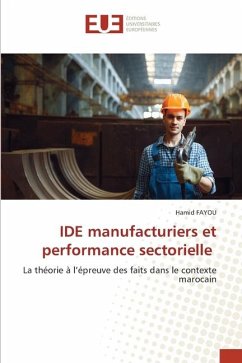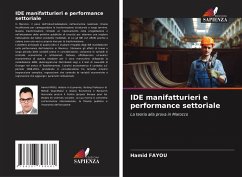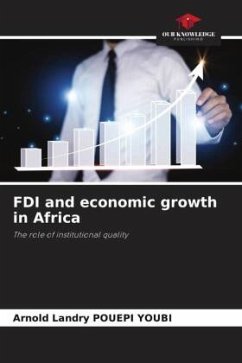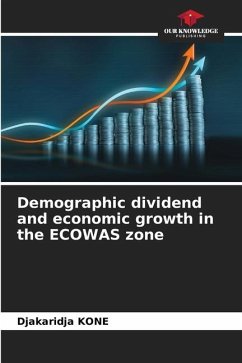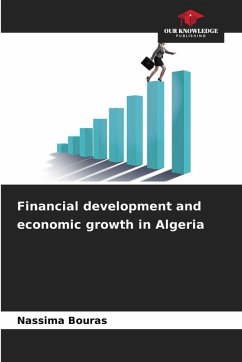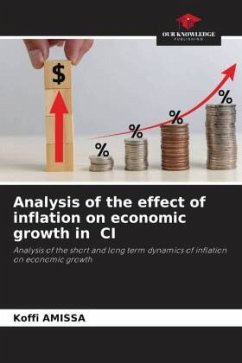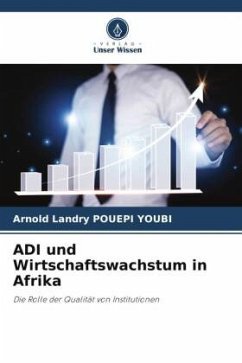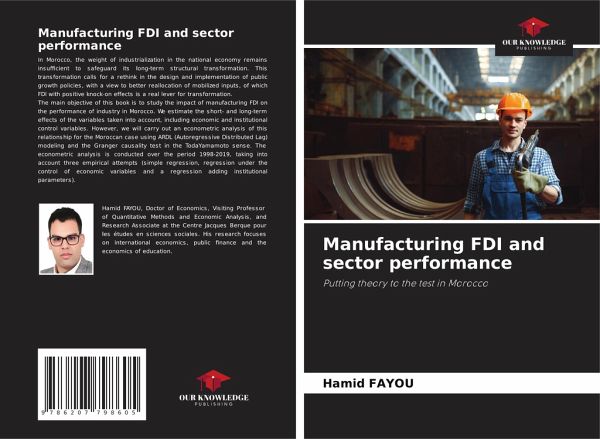
Manufacturing FDI and sector performance
Putting theory to the test in Morocco
Versandkostenfrei!
Versandfertig in 6-10 Tagen
40,99 €
inkl. MwSt.

PAYBACK Punkte
20 °P sammeln!
In Morocco, the weight of industrialization in the national economy remains insufficient to safeguard its long-term structural transformation. This transformation calls for a rethink in the design and implementation of public growth policies, with a view to better reallocation of mobilized inputs, of which FDI with positive knock-on effects is a real lever for transformation. The main objective of this book is to study the impact of manufacturing FDI on the performance of industry in Morocco. We estimate the short- and long-term effects of the variables taken into account, including economic a...
In Morocco, the weight of industrialization in the national economy remains insufficient to safeguard its long-term structural transformation. This transformation calls for a rethink in the design and implementation of public growth policies, with a view to better reallocation of mobilized inputs, of which FDI with positive knock-on effects is a real lever for transformation. The main objective of this book is to study the impact of manufacturing FDI on the performance of industry in Morocco. We estimate the short- and long-term effects of the variables taken into account, including economic and institutional control variables. However, we will carry out an econometric analysis of this relationship for the Moroccan case using ARDL (Autoregressive Distributed Lag) modeling and the Granger causality test in the TodaYamamoto sense. The econometric analysis is conducted over the period 1998-2019, taking into account three empirical attempts (simple regression, regression under the control of economic variables and a regression adding institutional parameters).





